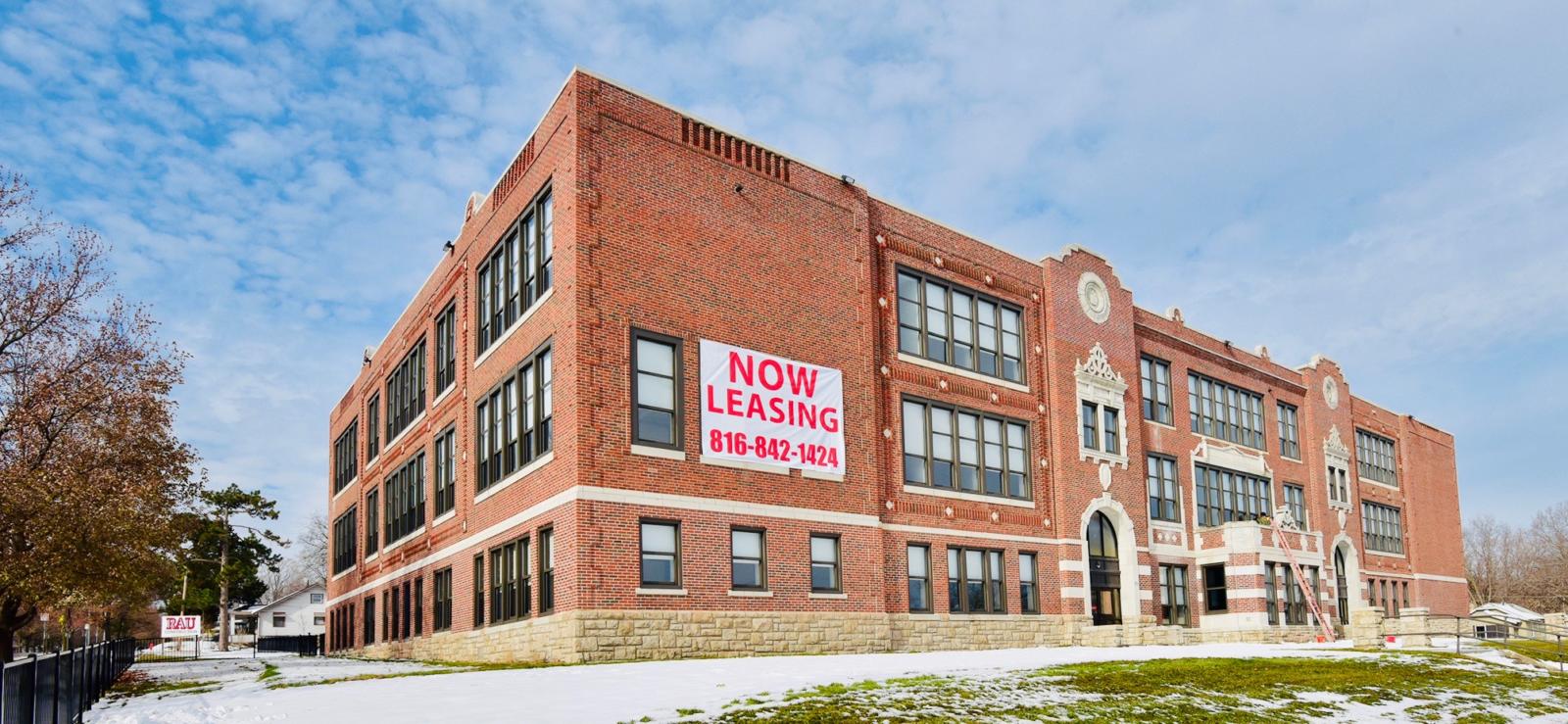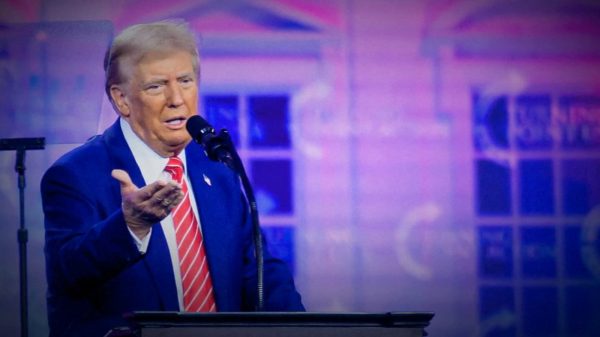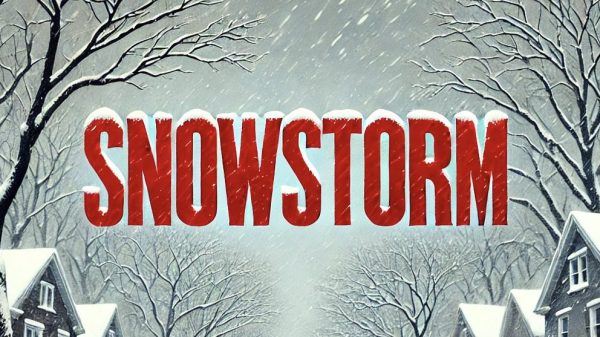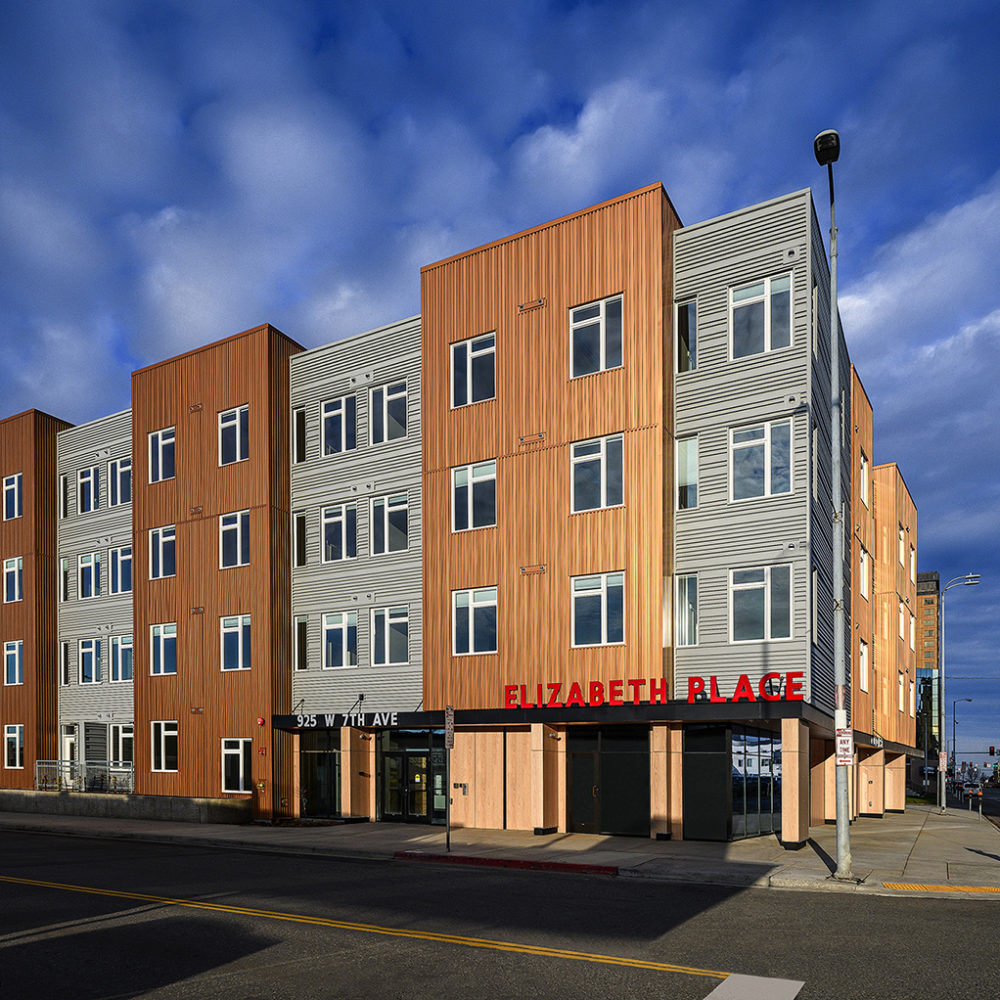Boosting Chicago’s Housing Stock: Thirteen Affordable Housing Projects Underway

Chicago’s Affordable Housing Boost: Developers Secure Low-Income Tax Credits. (PHOTO: Sunflower Development Group)
Financial Support for Affordable Housing: Federal Tax Credits and City Funding Allocated
Thirteen affordable housing projects are expected to increase Chicago‘s housing inventory, according to a Chicago-Sun Times story. This is because the city has allocated federal low-income housing tax credits. These initiatives are expected to cost $562 million, in addition, $154 million will be provided by city public loans and tax-increment financing. With an estimated 120,000 units in short supply these initiatives even though it is uncertain how many apartments they will really produce are an important first step toward solving Chicago’s acute affordable housing crisis.
READ ALSO: $500 Harris County Monthly Program – Beacon Of Hope For Over 1,900 Families!
Chicago’s Affordable Housing Initiative: Low-Income Housing Tax Credits Address Housing Crisis
According to The Real Deal, the low-income housing tax credits awarded biennially in Chicago serve as the primary funding source for affordable housing development in the city. This year’s allocation comes with a requirement for developers to implement eviction prevention plans reflecting a proactive approach to housing stability. Most of the homes created through these tax credits will be reserved for residents earning a percentage of the area median income with one project, the Janet L. Smith Apartments in West Pullman specifically designed for permanent supportive housing offering essential social services provided by the Southside Center of Hope. Perry Vietti president of the Interfaith Housing Development Corporation emphasized the critical role these developments play in addressing Chicago’s homelessness and affordable housing crisis. Vietti highlighted the pervasive lack of affordable housing as a significant contributor to homelessness in the city underscoring the importance of increasing housing supply to meet the growing demand. With the announcement of these thirteen projects, there is hope for progress in alleviating the housing challenges faced by many residents across Chicago.
READ ALSO: Claim Your $5,000 Settlement! Deadline Approaching For Americans To Secure One-Time Payment- Are You Qualified?
















































